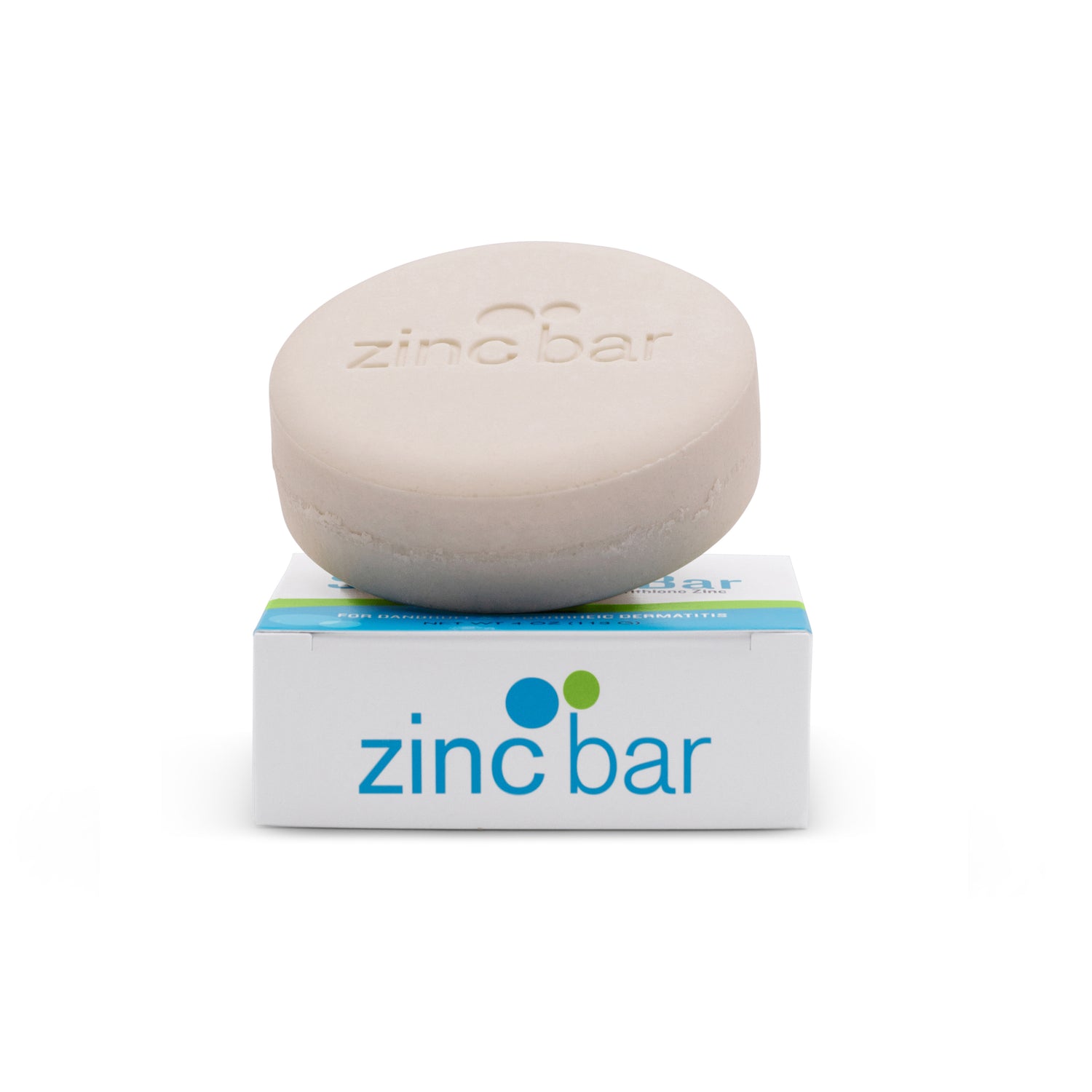Iodine
Iodine is a trace element that is essential to humans for normal health and growth. Iodine occurs naturally in nature, though not widely—chiefly in seawater, certain seafoods, minerals and soils. Although iodine is relatively rare, it can be found concentrated in kelp and a few other plants. Iodine is mainly extracted from mineral deposits, for example from caliche—a hardened calcium carbonate-based deposit mainly found in Chile between the Pacific ocean and the Andes mountains.
Iodine is essential for thyroid gland hormone production and normal metabolic functioning of all cells in the body. Iodine is also used in pharmaceuticals and antiseptics. It is widely used by surgeons as a skin disinfectant, for example, before surgical procedures.
Iodine deficiency can lead to goiter development when the amount of thyroid hormone in the blood is low. It can also cause cretinism, a condition characterized by deaf-mutism, slowed growth, hypothyroidism and mental deficits. Iodine deficiency is the leading cause of preventable mental retardation in lesser developed countries, occurring as a result of small children and infants being made hypothyroid by lack of the element.
The primary dietary source of iodine nowadays is iodized salt (table or sea salt that has been fortified with iodine). It can also be found in shellfish, seaweed kelp, sardines, tuna, clams, cod, haddock, herring, lobster, and other seafood. Sesame seeds, spinach, garlic, summer squash, turnip greens, and lima beans are also good secondary sources of iodine.
Some researchers propose that higher levels of iodine are required in our modern diet, due to the combined effects of depletion of iodine in topsoils, lack of adequate seafood and kelp in the diet, and higher levels of the toxic halides fluoride and bromide as well as heavy metals in the environment and food supply compared to the past. Because these toxic halides have a similar chemical structure to iodine, they can competitively inhibit iodine absorption in the body.
Health benefits of iodine
- Essential for normal physical and mental development
- Required for normal synthesis of thyroid hormone
- Required for normal metabolism of all cells in the body
- Prevents thyroid disorders
- Prevents cretinism
- Treats fibrocystic breasts
Recommendations
- RDI/AI—150 mcg per day
- UL—1100 mcg per day

